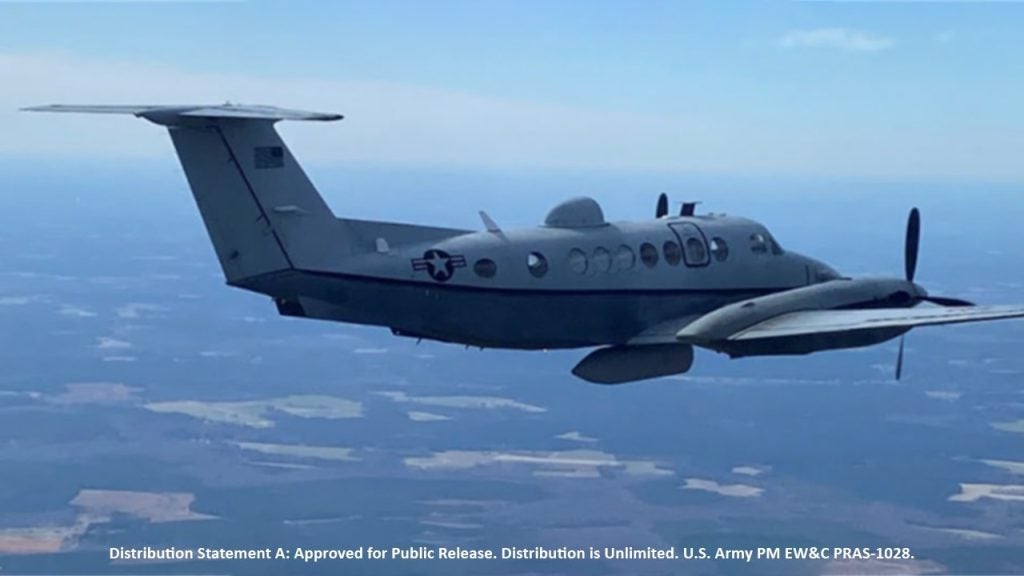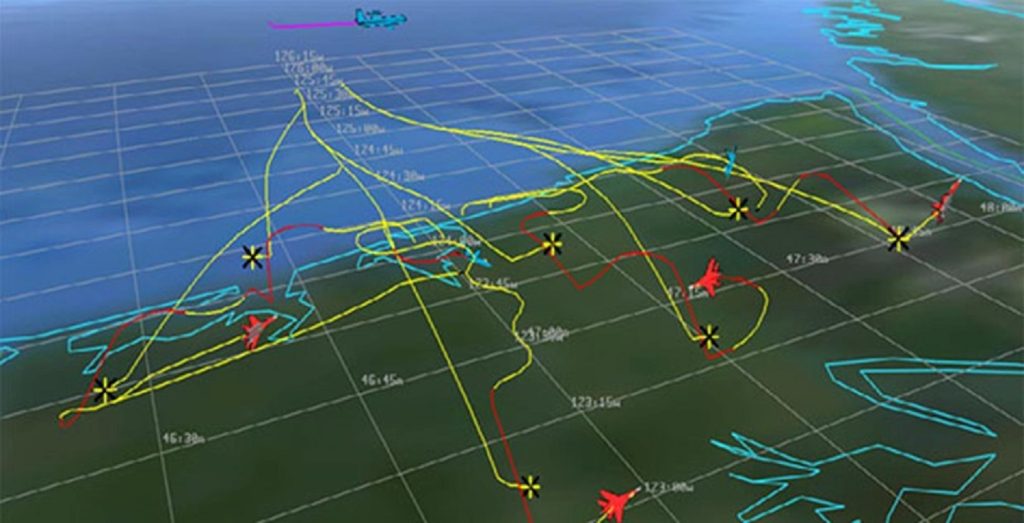The United States Army and Lockheed Martin have successfully tested the Multi-Function Electronic Warfare-Air Large (MFEW-AL) system, marking a step towards enhancing electronic warfare capabilities.
This airborne electronic payload demonstrated its capabilities in detecting, identifying, locating and disrupting enemy communications and radars. The test showcased MFEW-AL's platform-agnostic nature.
The recent flight test of the MFEW-AL system marks an achievement as it is the first time in decades that US Army electronic warfare soldiers have conducted a series of airborne electronic warfare operations against various threat emitters. This test has demonstrated the MFEW-AL system's extended range capabilities and versatility to sense and affect multiple signals of interest at varying distances.
Previously deployed on an MQ-1C Gray Eagle unmanned aircraft system, this test introduced an Army fixed-wing aircraft, the MC-12W, showcasing the system's platform-agnostic adaptability. The MFEW-AL is a self-contained airborne electronic warfare pod that can be customised to different aircraft configurations based on mission requirements.
According to the US Army, the MFEW-AL programme is set to integrate the system onto an MQ-1C Gray Eagle unmanned aircraft in fiscal year 24, followed by initial operational testing in fiscal year 25, aiming to equip soldiers for operational use shortly after that.
The global electronic warfare market, valued at $9.1bn in 2022, is projected to grow at a compound annual growth rate of 4.2% over the forecast period. It is expected to reach $13.7bn by 2032 with a cumulative value of $135.3bn over the forecast period, according to The Global Electronic Warfare Market Forecast 2022–2032 report.
Deon Viergutz, vice-president of Spectrum Convergence at Lockheed Martin, emphasised the innovative nature of the MFEW-AL. "MFEW-AL is an innovative converged technology that addresses our customer's vision for combined cyber and electronic warfare capability and dominance.
"In collaboration with the US Army, this demonstration expanded upon all testing of the MFEW-AL system to date, bringing to bear a more complete hardware and software configuration that gets us closer to delivering this technology to our EW Soldiers."
The MFEW-AL system plays a role in the US Army's modernisation priorities, offering extended range and becoming a key enabler in multi-domain operations. Based on the C5ISR/EW modular open suite of standards, this technology provides an aerial component to the integrated EW system.
In 2020, Lockheed Martin secured a contract for the second phase of its Multi-Function Electronic Warfare development programme. More flight tests and demonstrations are in the pipeline, allowing Lockheed Martin to further refine the system's performance.











